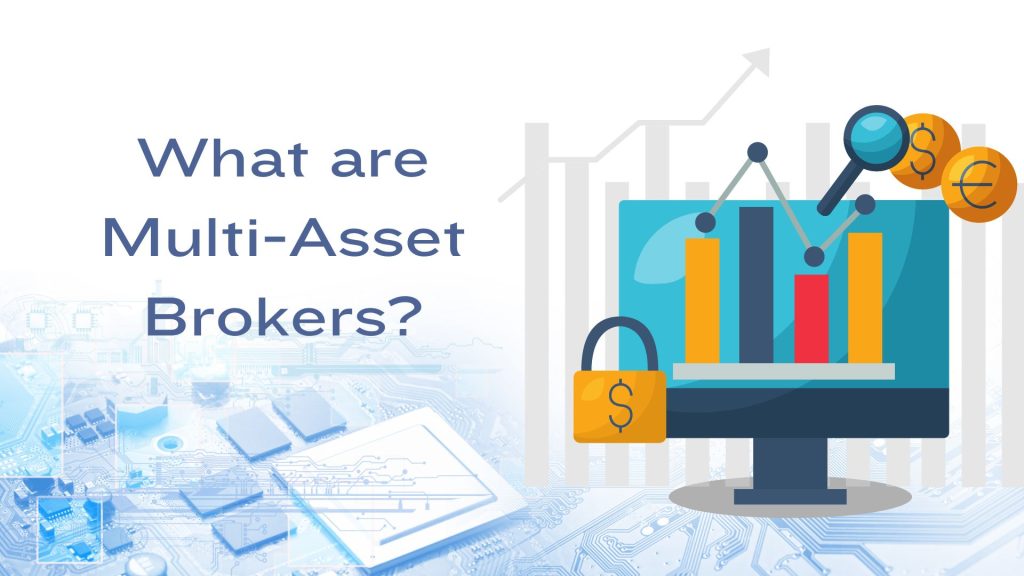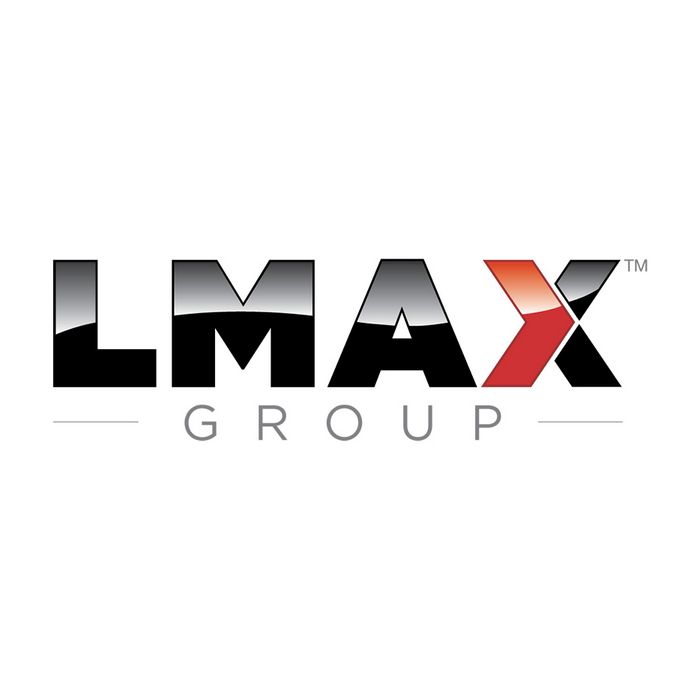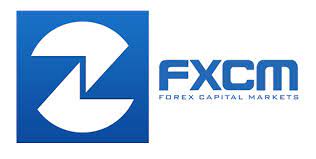
Exploring Multi-Asset Brokers – Diversification and Opportunity
Traders and investors often seek opportunities to diversify their portfolios across various asset classes. It is important that they can access different assets on a single platform. For this, multi-asset brokers play a crucial role. They facilitate transactions of different asset classes on their platform, offering market participants ease and convenience.
In this article, we will understand everything there is to know about multi-asset brokers.
What are Multi-Asset Brokers?
A multi-asset broker is a financial intermediary that provides access to multiple asset classes through a single trading platform. Unlike traditional brokers specialising in specific markets or instruments, multi-asset brokers offer a comprehensive suite of services, allowing clients to trade equities, bonds, commodities, forex, derivatives, and even cryptocurrencies from a single account.
This versatility empowers investors and traders to build diversified portfolios tailored to their objectives and risk preferences.
Some popular multi-asset brokers are Interactive Brokers, IG Group, TD Ameritrade, eToro, etc. These brokers offer diverse product offerings, competitive pricing, and reliable platforms to meet the needs of traders and investors alike.
Join the global network of professionals and find the ideal trading and liquidity partners now!
How Do Multi-Asset Brokers Operate?
Multi-asset brokers operate at the intersection of financial markets, providing traders and investors with a comprehensive suite of services. Here’s a closer look at how these brokers function.
Access to Trading Platforms
Multi-asset brokers offer trading platforms as the gateway to global financial markets. These platforms are designed to be user-friendly yet powerful, catering to traders of all experience levels. They provide access to real-time market data, advanced charting tools, and various order types to execute trades across different asset classes seamlessly, anytime and anywhere.
Different Account Types
Multi-asset brokers offer a range of account types to accommodate various trading styles and preferences. Retail clients may opt for standard accounts with low minimum deposit requirements and competitive spreads, while institutional clients may require specialised accounts with access to additional services such as prime brokerage facilities or managed account solutions. Some brokers also offer demo accounts.
Execution Models
Multi-asset brokers employ different execution models to handle client orders efficiently and transparently. These models include:
- Straight Through Processing (STP): Orders are routed directly to liquidity providers, ensuring fast execution without intervention or manipulation.
- Electronic Communication Network (ECN): In a decentralised electronic marketplace, clients’ orders are matched with other market participants’ orders, promoting price transparency and competitive spreads.
- Market Maker: The broker acts as a counterparty to client trades, providing liquidity by quoting both buy and sell prices for financial instruments. While this model may offer tighter spreads and guaranteed execution, there’s a potential conflict of interest, as the broker profits from clients’ losses.
Also, read Comparing Market Makers Vs. ECNs – Which is Better?
Regulatory Aspects and Compliance
Multi-asset brokers adhere to regulations imposed by relevant authorities in their jurisdictions, such as the Securities and Exchange Commission (SEC) in the United States or the Financial Conduct Authority (FCA) in the United Kingdom. Regulatory compliance ensures transparency, security, and protection by imposing stringent requirements on capital adequacy, client fund segregation, and risk management practices.
What Does a Multi-Asset Broker Offer?
- Convenience and Efficiency: Access various markets and instruments through a single trading platform.
- Cost-effectiveness: Reduce trading costs associated with maintaining multiple brokerage accounts.
- Access to Various Markets and Instruments: Explore diverse investment opportunities without needing multiple accounts.
- Risk Management: Employ hedging strategies and risk mitigation techniques across asset classes.
- Diversification Benefits: Spread risk across multiple asset classes to mitigate concentration risk.
Conclusion
Multi-asset brokers are important to facilitate transactions for multiple asset classes. By offering access to a broad range of asset classes through a single platform, they empower market participants to capitalise on diverse opportunities across global markets.
To learn more about trading, follow us on LinkedIn.





